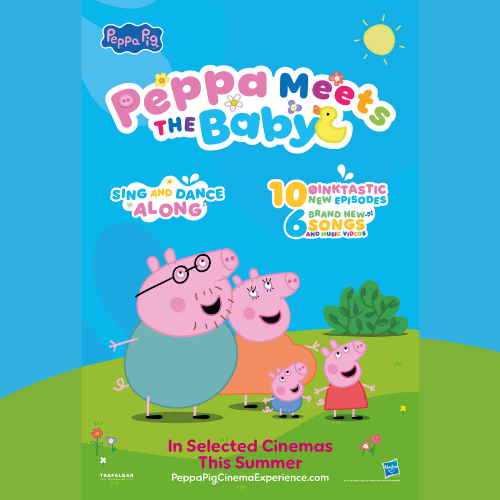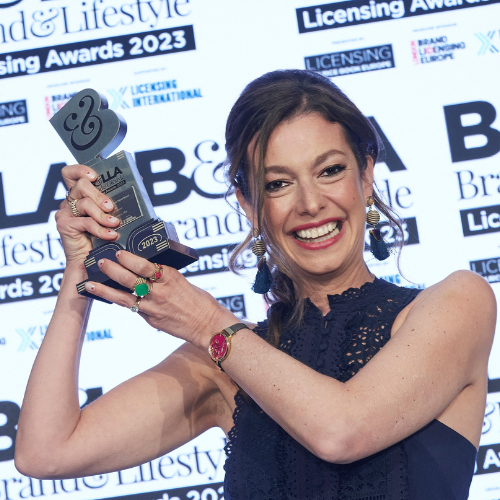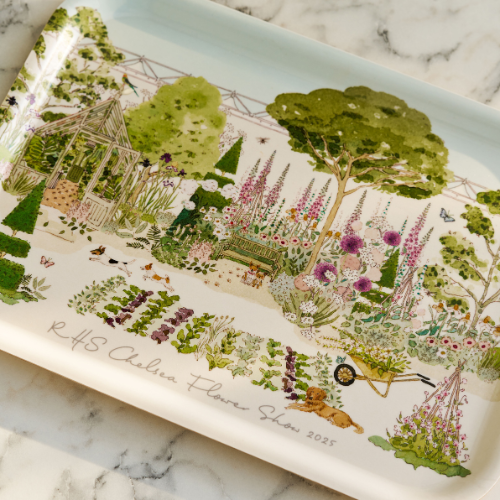With the B&LLAs 2021 and The UK Licensing Awards 2021 both now open for entries, B3 Creative’s James Marsh shares some advice on how to get your entry form in perfect shape.
Winning an award can make a real difference to your business – it’s a third-party endorsement that can increase exposure, improve staff morale and promote sales. An award is a reflection of all the hard work that goes into making what you do great.
We all know this.
So, why is it, when it comes to award entries, some people are slap-dash and give the impression they just don’t seem to care?
It’s a question I’ve asked myself when I have sat on judging committees and had to read through poorly written entries, full of spelling errors, unclear information and no clear narrative. Why have these companies produced such a dreadful pitch when they actually have a really good product or service? It’s a wasted opportunity – as well as a waste of the company’s precious resources.
Let’s be clear, not all award entries are that bad. It’s just those that are lazy, produced in a rush and ill-thought through will always fall at the first fence. And what a shame not to stand a chance of winning the glittering prize due to a shabby entry.
So, how can you improve your chances of getting your hands on a coveted award?
Firstly, you’ll notice I called the entry a ‘pitch’. Because that is what an award entry is. You are selling the story of your success – and your story has a beginning, middle and end. Think of it as an extended elevator pitch, if you like.
The beginning: where did this campaign, product or service start
The middle: how you actioned the campaign, created/changed the product or implemented the service
The end: the result of your endeavours and how it ended in success!
There are all sorts of stories you can tell: the fledgling brand that took on the big boys and won; the underperforming product that through careful nurture transformed into a swan; the odd partnership between two disparate brands which cross-fertilised to create something mind-boggling new.
Know what your story is and tell it.
Secondly, study the entry criteria:
Which category?
Make sure you are entering for the right award; some will be more suited to you than others.
Word count
Hit the word count, don’t go over. If the rules say 2,000 words, make sure yours really is 2,000 words. Anything beyond word 2,001 may well be ignored.
Evidence
Provide evidence of your success. Not that you “did really well and everyone thinks we are great”. Sure, some qual anecdotes help but what judges really want is quant. Ugly, hairy numbers. Yup, frightening, isn’t it? But you’ve got this! What were the sales figures before and after? How did customers’ preference change due to your work? How did footfall or net promoter score increase following your campaign? Tell judges that and they have something to evaluate you against your competitors. Oh but do make sure it’s believable. I had one entry that claimed more views than the world’s population. There’s stretching the truth and there’s being downright ridiculous.
Thirdly, give yourself time. Time to write, time to ask colleagues to read and feedback, and time to rewrite. It’s the rewrite that will turn your diamond in the rough into a real gem.
That’s it, three simple steps to give yourself the best shot you can.
Now, I know that it’s easier for me to say than for you do to. That’s why I am offering a service to help organisations produce award entries that shine – so that hard-working, great companies have a real chance to land that prize.
Drop me a line at james@b3creative.com. I will help you tell your unique story that puts your work in the best possible light – and on the road to glory!
James Marsh is the founder of youth and family consultancy, B3 Creative (www.b3creative.com). He has served as a judge on several industry award panels and is a writer with decades of experience of copywriting, commissioning and content creation.

































